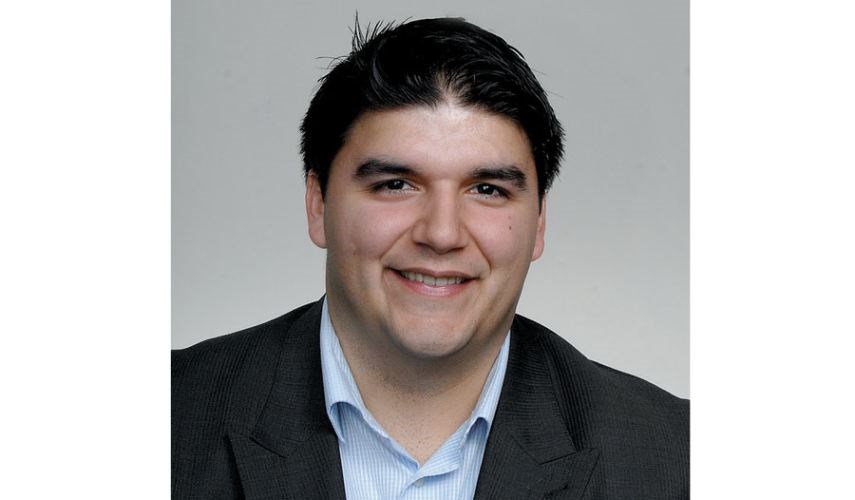This week's episode of federal party analysis enters a new phase, that is to say, the analysis of the larger and well established parties. We begin with the smallest of the three which means, for the first time in its history, the Liberal Party of Canada.
There is not enough room in this paper, let alone this space, to chronicle the history of the Liberal Party of Canada's various policies and personalities since Confederation. But whatever you may think of the Grits, their innovations and policies have certainly shaped Canada over the last 150 years. They include secret ballots, the Supreme Court, transfer payments, freer trade, medicare, UN peacekeepers, the maple leaf, CPP, and the Charter of Rights and Freedoms.
Before I weigh in, I believe it's important to recognize that the Liberal Party has gone through several philosophies in its long history. These might be summarized as follows: political reform (Mackenzie), moderate progressivism (Laurier, King, and Pearson), economic and social leftism (Trudeau), and, fiscal conservatism combined with social liberalism (Chretien and Martin).
Obviously, no political party could sustain its presence federally for over a century without evolving. Yet, as both their length in office and their critical failures have come to show, the Grits eventually went from backing the little guy against the establishment to exactly the opposite.
Perhaps that's why the Liberals have attempted to reach out to the middle class in their election platform. Key planks include lowering taxes for those in the $44,701 -
$89,401 range and raising taxes for $200,000 and up, increasing the Child Care Benefit, and making government more transparent. On contemporary issues, like security and the senate, the Liberals must be credited with innovative designs for civilian oversight and a "non-partisan" appointment process.
Minus the tax hike, which will only result in accountants being paid more to find write offs, these aren't bad ideas. But as one begins to dig into economic and national issues, the Grits begin to show some old, tired and failed policies. For example, they are pro-Keystone and anti-Northern Gateway, which essentially means they are unwilling to both diversify our economy and put in the effort needed to finally lay down the law with interprovincial trade barriers that have no legal basis.
Nationally, the Liberals want to open several pandora boxes. Healthcare is a provincial responsibility, yet Trudeau is promising federal intervention (read: billions lost). Also, contrary to popular belief, daycare spots are plentiful, just overpriced and badly distributed, neither of which government intervention will solve - ditto for rent controls. And just last week, Trudeau had a bozo eruption over the Truth and Reconciliation Commission's 94 recommendations, calling for full implementation with no fiscal plan.
Speaking of Justin Trudeau, I must admit for the first time in my life that the Conservative Party attack ads might actually have it right: the kid is not ready. Case in point: the "bozo eruption" I mentioned is not a shot from opponents but rather veteran Liberal MP John Mckay.
To be clear, there have been some glimmers of that more charismatic, "liberal" style, such as when he enumerated liberal principles in a speech he delivered at a dinner in Toronto. But his delivery has been undermined by back pedalling, contradictory statements, and public relations fumbles. In short, the kid needs some more practice, probably as leader of the official opposition.
Ultimately, the Liberal Party has changed a great deal in its 150 years, sometimes to the benefit of all Canadians, but lately to its own and the nation's detriment. This year's election will prove whether Canadians have any stomach left for the Grits; if their seat count goes anywhere but up, it is likely they will have to merge with the NDP, or face continual decline.
They have placed bets on dubious centrist economics and a young leader. I'd recommend they pray as well.



